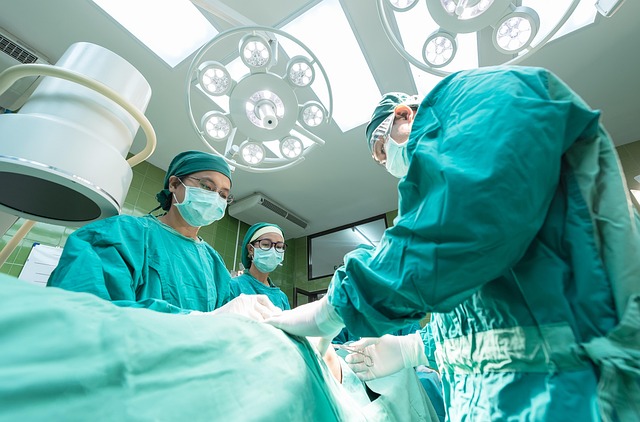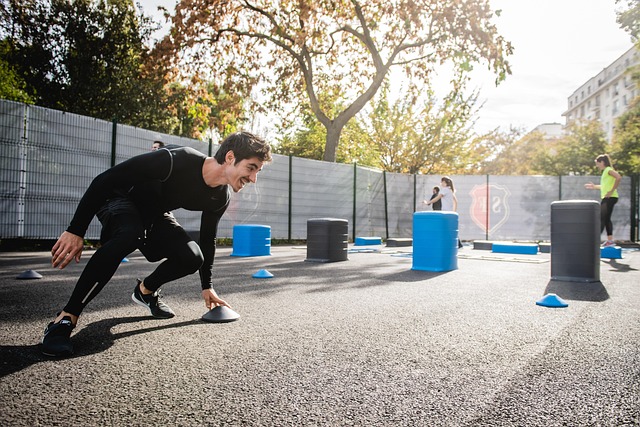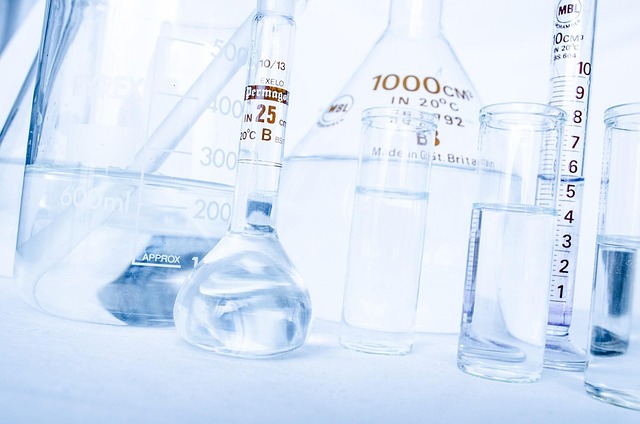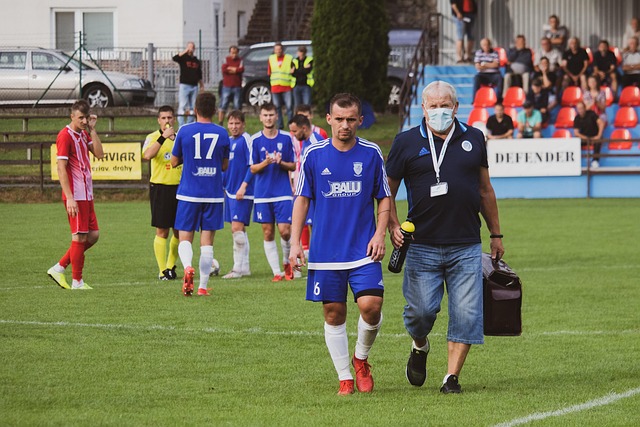Athletic recovery is a holistic process that goes beyond rest, focusing on the body's natural repair mechanisms. By combining physical techniques like massage, functional movement, and hydration with mental well-being strategies, nutrition, and personalized plans, athletes can significantly speed up their recovery, enhance performance, and reduce injury risk. Holistic methods prioritize movement, exercise, and mind-body connection to optimize athletic recovery, prevent injuries, and support long-term health in sport.
In the pursuit of peak athletic performance, understanding holistic regenerative approaches is crucial. This comprehensive guide delves into the multifaceted aspects of athletic recovery, focusing on strategies that go beyond traditional methods. From nutritional strategies optimized for recovery to the mind-body connection through mental health and well-being practices, we explore how movement, exercise, and integrated holistic therapies can enhance performance and accelerate recovery. Discover a holistic approach that supports athletes in achieving their full potential.
- Understanding Athletic Recovery: The Foundation of Holistic Regeneration
- Nutritional Strategies for Optimal Athletic Recovery
- The Role of Movement and Exercise in Regenerative Practices
- Mental Health and Well-being: Addressing the Mind-Body Connection
- Integrating Holistic Therapies for Enhanced Athletic Performance and Recovery
Understanding Athletic Recovery: The Foundation of Holistic Regeneration

Athletic recovery is more than just rest; it’s a multifaceted process that forms the foundation of holistic regenerative approaches for athletes. Traditional methods often focus on physical rehabilitation and immediate pain relief, but true recovery delves deeper into the body’s ability to repair and rejuvenate itself. This involves addressing not only muscular and joint issues but also mental well-being, nutritional intake, and environmental factors.
Holistic regenerative practices recognize that athletic performance is intrinsically linked to overall health. By integrating techniques such as massage therapy, functional movement exercises, proper hydration, and personalized nutrition plans, athletes can accelerate their recovery process. This approach not only facilitates quicker return to training but also enhances long-term athletic performance and reduces the risk of future injuries.
Nutritional Strategies for Optimal Athletic Recovery

In the pursuit of peak performance, athletes often overlook a critical aspect of their training regimen: optimal athletic recovery. Nutritional strategies play a pivotal role in this process, as proper fuel and hydration are essential for muscle repair and restoration. A holistic approach to nutrition involves customizing meal plans to meet individual energy demands, ensuring adequate protein intake for muscle synthesis, and incorporating nutrient-dense foods that support overall health. Timing meals and snacks around training sessions is also key; pre-exercise fueling provides sustained energy, while post-workout nutrition aids in glycogen replenishment and reduces muscle soreness.
Regenerative nutrients like antioxidants and omega-3 fatty acids are powerful allies in athletic recovery. Antioxidants combat exercise-induced oxidative stress, reducing inflammation and speeding up recovery time. Omega-3s, abundant in fish, nuts, and seeds, promote healthy joint function and reduce muscle damage, enabling athletes to return to their training routines faster. Additionally, staying hydrated is paramount; proper water intake facilitates the elimination of metabolic waste products and aids in maintaining optimal body temperature during intense physical activities.
The Role of Movement and Exercise in Regenerative Practices

Holistic regenerative approaches for athletes increasingly emphasize the integral role of movement and exercise in athletic recovery. Beyond traditional rest and rehabilitation, dynamic and tailored movement routines are now recognized as key components to enhance tissue repair, improve circulation, and accelerate the body’s natural healing processes. Exercises focusing on mobility, flexibility, and low-impact cardio contribute significantly to an athlete’s overall well-being, promoting both physical and mental resilience.
These regenerative practices integrate various forms of movement, such as yoga, pilates, and specific strength training protocols, designed to stimulate the body’s inherent ability to heal and adapt. By incorporating these strategies into their routines, athletes can optimize their athletic recovery, prevent injuries, and enhance performance, ultimately supporting long-term health and sustainability in their sport.
Mental Health and Well-being: Addressing the Mind-Body Connection

In the pursuit of peak athletic performance, holistic regenerative approaches emphasize the interconnectedness of the mind and body, recognizing that mental health and well-being are integral to an athlete’s overall recovery and success. Stress management, mindfulness techniques, and cognitive behavioral therapy are powerful tools that can help athletes navigate the rigors of training and competition. By addressing psychological resilience and emotional regulation, these strategies enhance athletic recovery by reducing performance-impacting factors like anxiety and depression.
Holistic regenerative practices encourage athletes to cultivate a positive mindset, improve self-awareness, and develop coping mechanisms for managing stress and adversity. This mental fortitude is crucial for navigating the physical demands of training while maintaining focus, motivation, and overall mental resilience. Incorporating these psychological elements into athletic recovery regimens can lead to better performance outcomes and improved quality of life for athletes.
Integrating Holistic Therapies for Enhanced Athletic Performance and Recovery

In the pursuit of peak athletic performance, athletes are increasingly recognizing the value of holistic regenerative approaches. Integrating therapies such as massage, acupuncture, and mindfulness practices offers a multi-faceted strategy to enhance both athletic performance and recovery. These methods go beyond traditional training and nutritional support, addressing mental, emotional, and physical aspects integral to an athlete’s overall well-being.
By focusing on athletic recovery through holistic therapies, athletes can mitigate the effects of chronic stress, reduce inflammation, and improve circulation—all crucial factors in supporting faster healing and enhanced performance. This integrated approach allows for a more balanced and sustainable athletic lifestyle, ensuring that athletes not only achieve their short-term goals but also maintain long-term health and resilience.
Holistic regenerative approaches, encompassing nutritional strategies, movement, mental health, and integrated therapies, offer athletes a powerful toolkit for optimal athletic recovery. By addressing the mind-body connection and adopting a comprehensive view of performance and recuperation, athletes can achieve enhanced well-being and improved results. Integrating these practices into training regimens empowers individuals to take control of their recovery process, fostering long-term success and resilience on and off the field.
